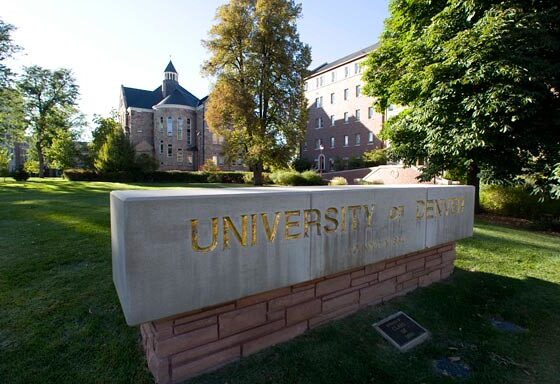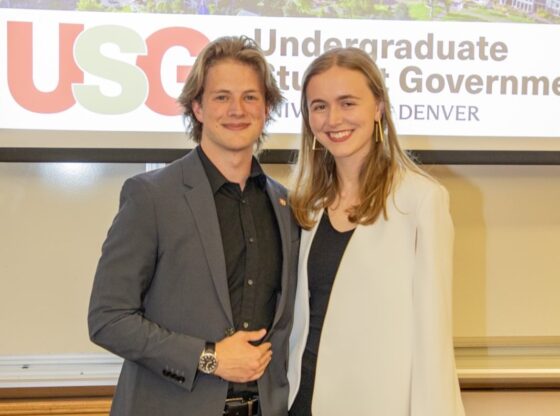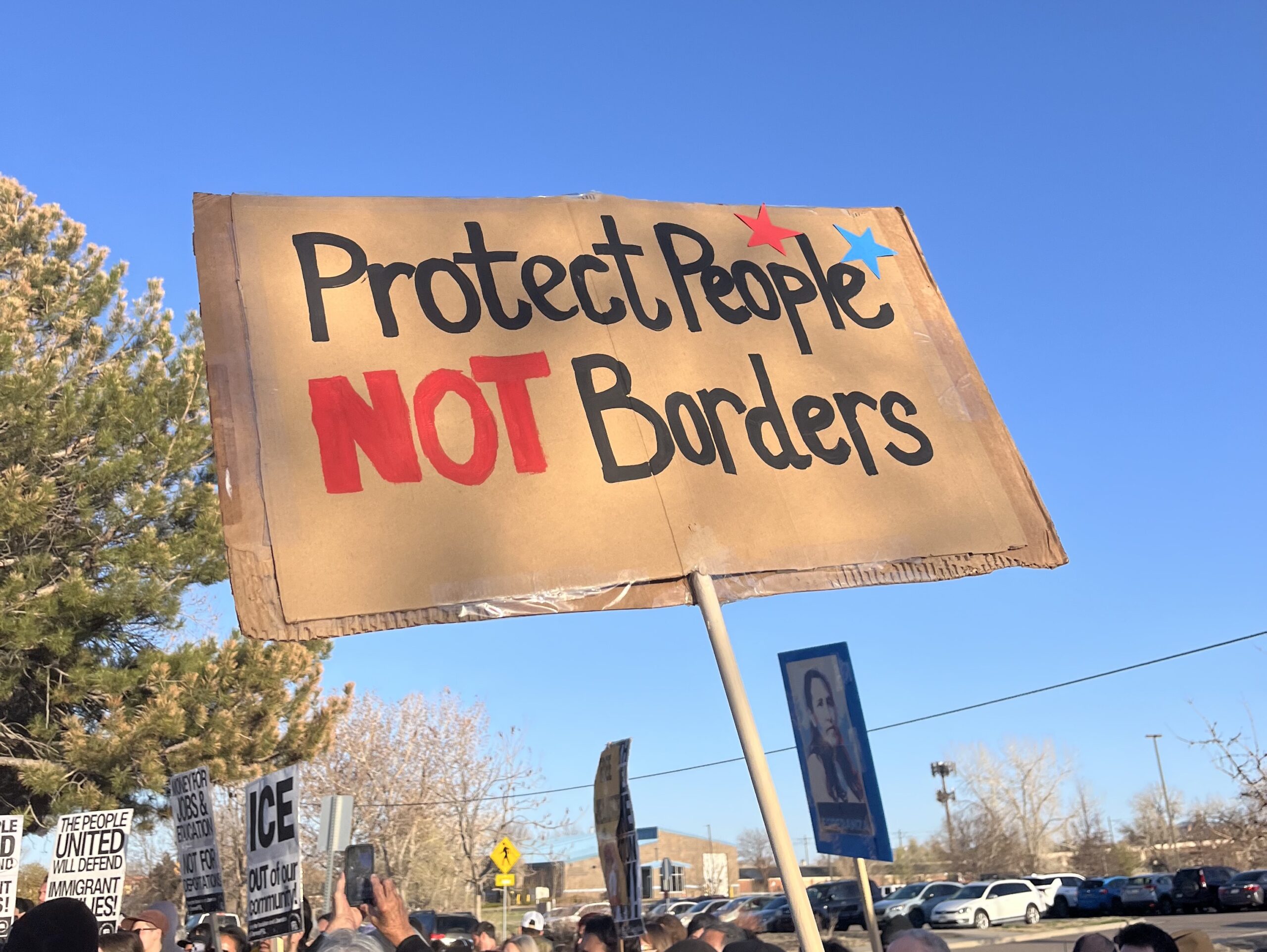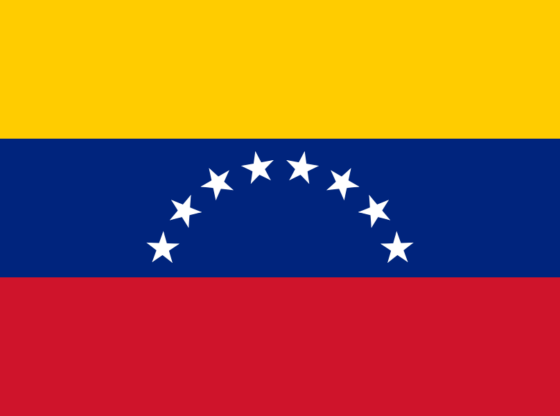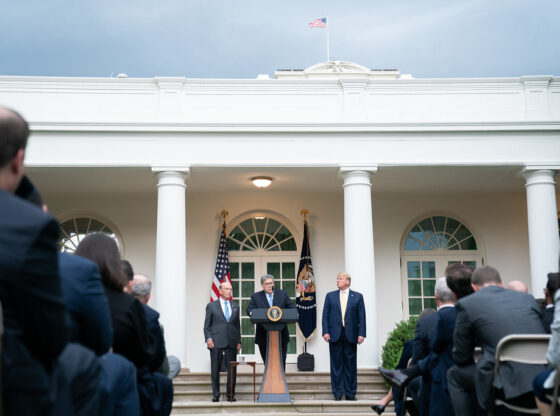 Photo by: Michael Furman
Photo by: Michael Furman
The Sturm College of Law hosted a forum last Wednesday on the Supreme Court decision to permit corporations to contribute to candidates running for election.
The four panelists discussed last January’s landmark decision that defined “political spending” as “a form of protected speech” under the First Amendment.
Panelist John Bonifaz, director of Voter Action and of Free Speech for People, described the controversial ruling as “a direct, serious threat to our democracy.”
He thinks that corporations should not be granted First Amendment rights by the Constitution.
“Corporations are not people. They do not think. They do not breathe. They do not have a conscience,” Bonifaz said.
Roxana Orrell, attorney and member of the National Lawyers Guild Executive Council, spoke about the constitutional relevance of giving corporations the same as those held by individuals.
“The Constitution does not involve corporations,” Orrell said.
Her solution is to add an amendment to the Constitution specifying that corporations are not people.
Some states have passed legislation that reduces the impact of the Supreme Court ruling. These include Colorado, where Senate Bill 232 mandated disclosure of campaign contributions by corporations.
Panelist Terrance Carroll, speaker of the Colorado House of Representatives and adjunct professor at the Sturm College of Law, supported the bill but criticized its imprecise language adding, “It was the best thing going.”
Panelist Marge Baker, executive president for policy and program of People for the American Way Foundation, criticized the Supreme Court decision because it allows corporations to funnel money into groups that are classified as nonprofits, she said.
These organizations, called 527s, do not have the reporting and disclosure requirements of PACs.
Jenny Flanagan, who was not a panelist, but is executive director of Colorado Common Cause, spoke on opposition efforts to the decision in Colorado. Flanagan said she is opposed to the Supreme Court decision because of the lack of public disclosure of funding it requires.
“If someone is out there influencing your vote, you have the right to know who is doing that,” she said.



